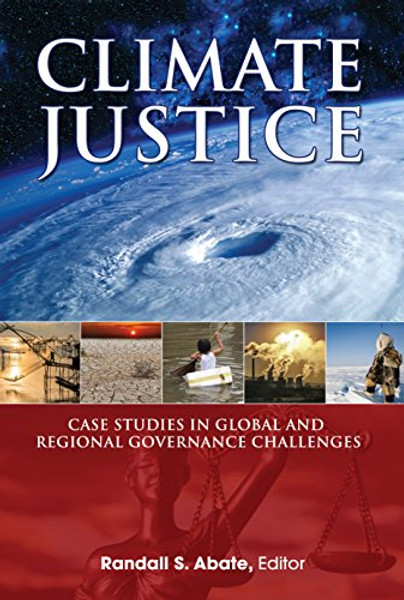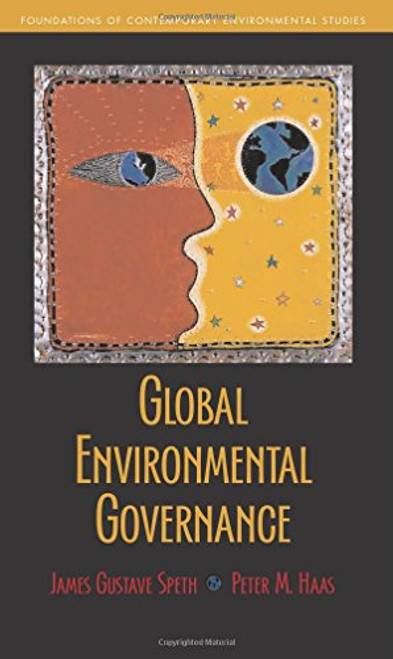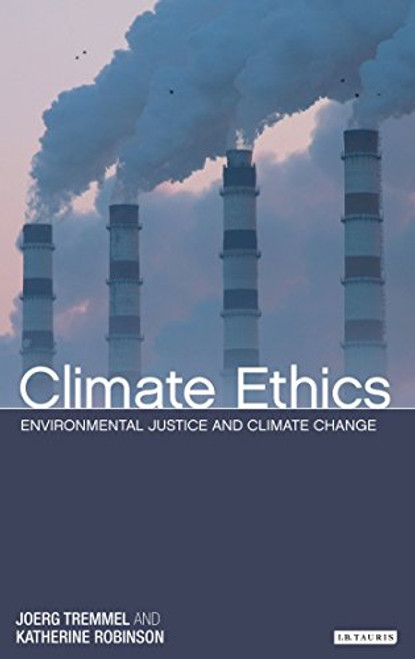Product Overview
Climate change is one of the most complex political, social, and environmental issues of this century, and climate change adaptation has become an increasingly large focus of global efforts. The international communitys attention on adaptation has been primarily focused on developing countries needs, with consensus that the worlds most vulnerable communitiesthe urban and rural poor, low-lying island nations, and indigenous peoplesrequire additional protection. It was in response to this need for equity that climate justice emerged.
Climate justice can be defined generally as addressing the disproportionate burden of climate change impacts on poor and marginalized communities. It seeks to promote more equitable allocation of the burdens of these impacts at the local, national, and global levels through proactive regulatory initiatives and reactive judicial remedies that draw on international human rights and domestic environmental justice theories. Yet, efforts to define climate justice as a field of inquiry can be elusive and underinclusive because the concept is so vast in scope.
Climate Justice: Case Studies in Global and Regional Governance Challenges seeks to fill that void, providing an overview of the landscape of climate justice from a variety of legal and geographic perspectives in a case study format. Drawing on the expertise of 29 contributors from 16 countries, the book analyzes climate justice from an international law perspective and from the perspectives of legal responses to promote climate justice in several regions of the world, including Pacific island nations, South Asia, North America, Africa, and the Middle East. It addresses proposed solutions to a range of regulatory obstacles under international law, U.S. law, and foreign domestic law in seeking to promote climate justice on a global scale.






